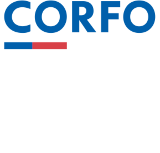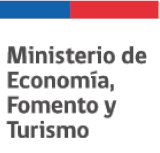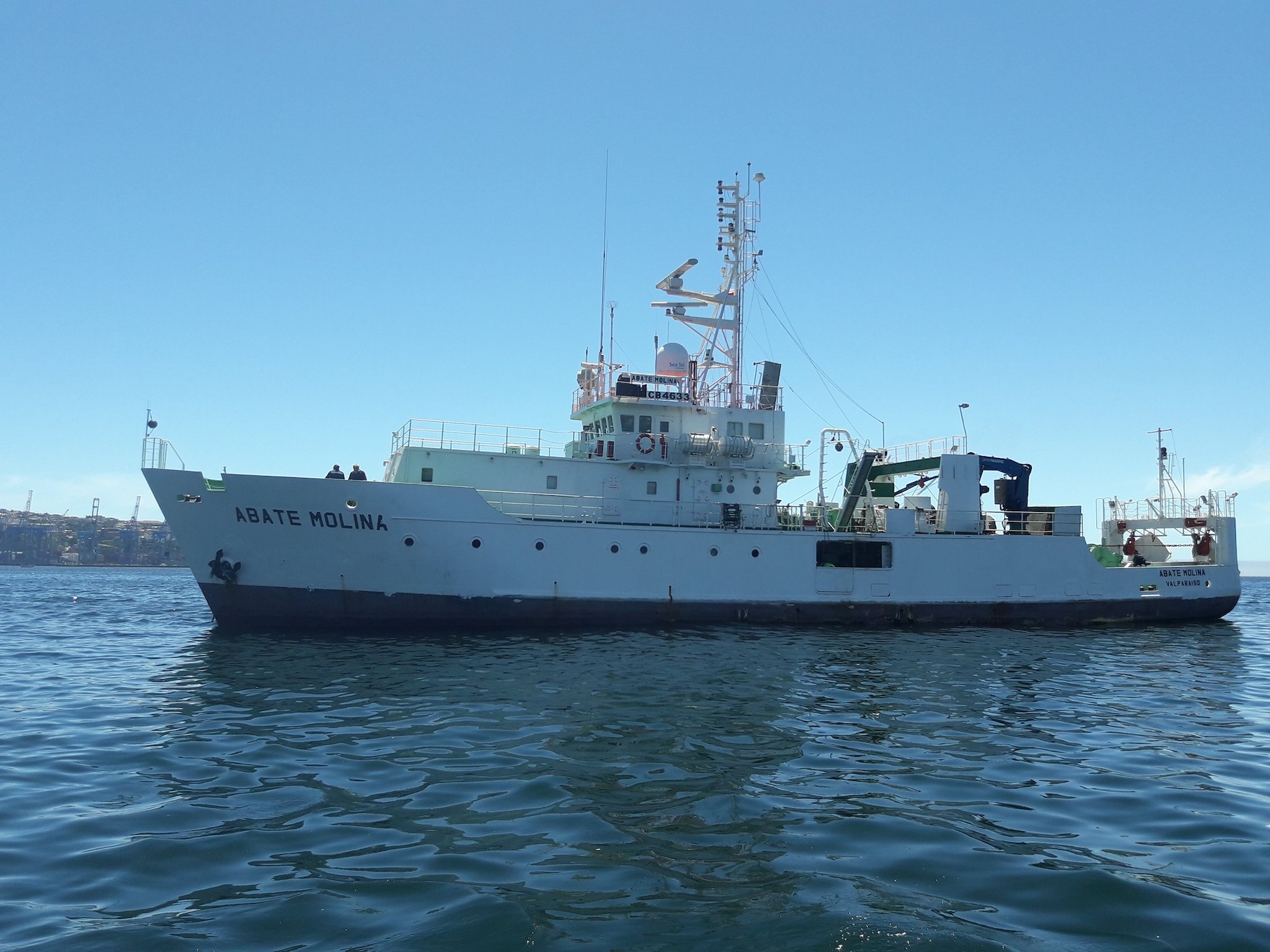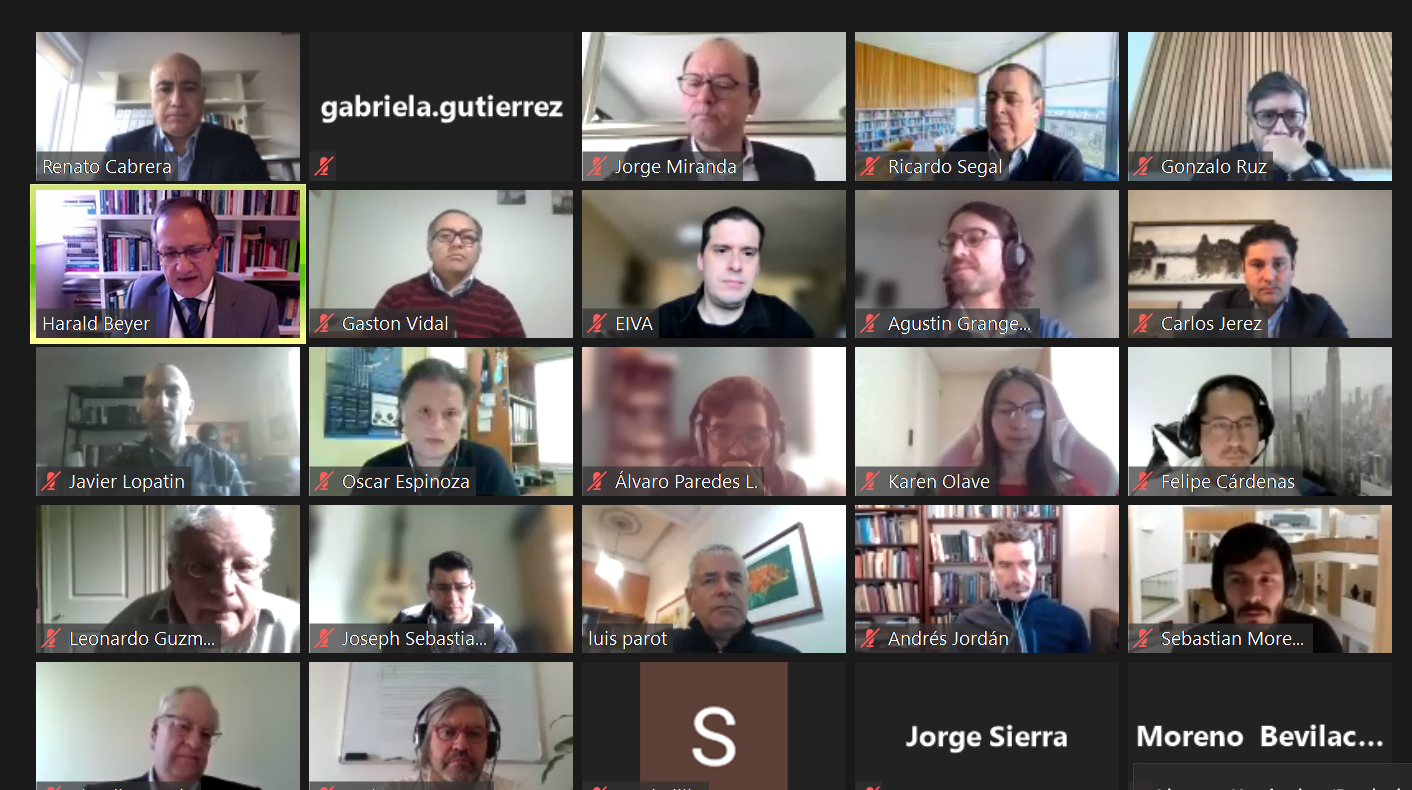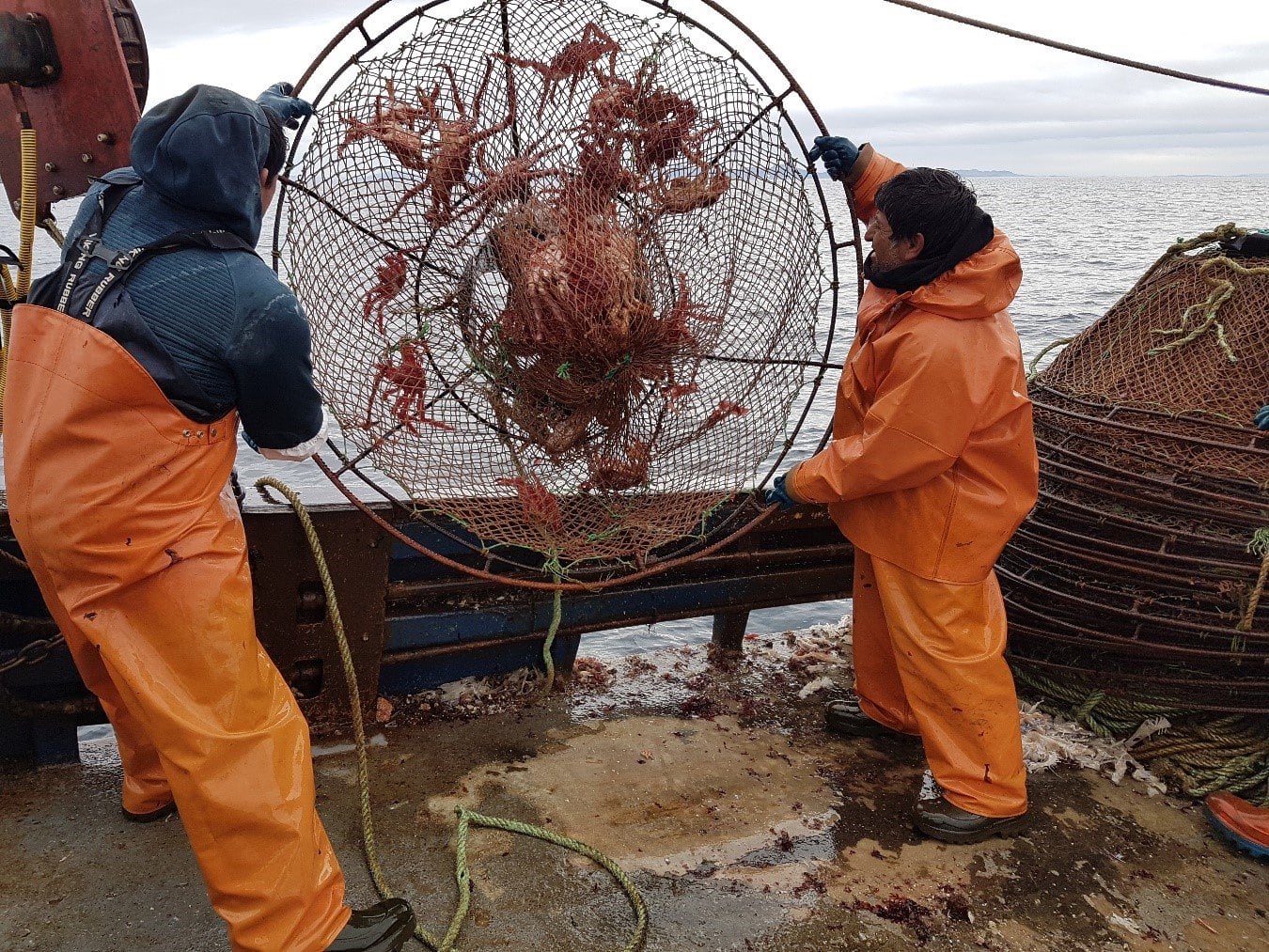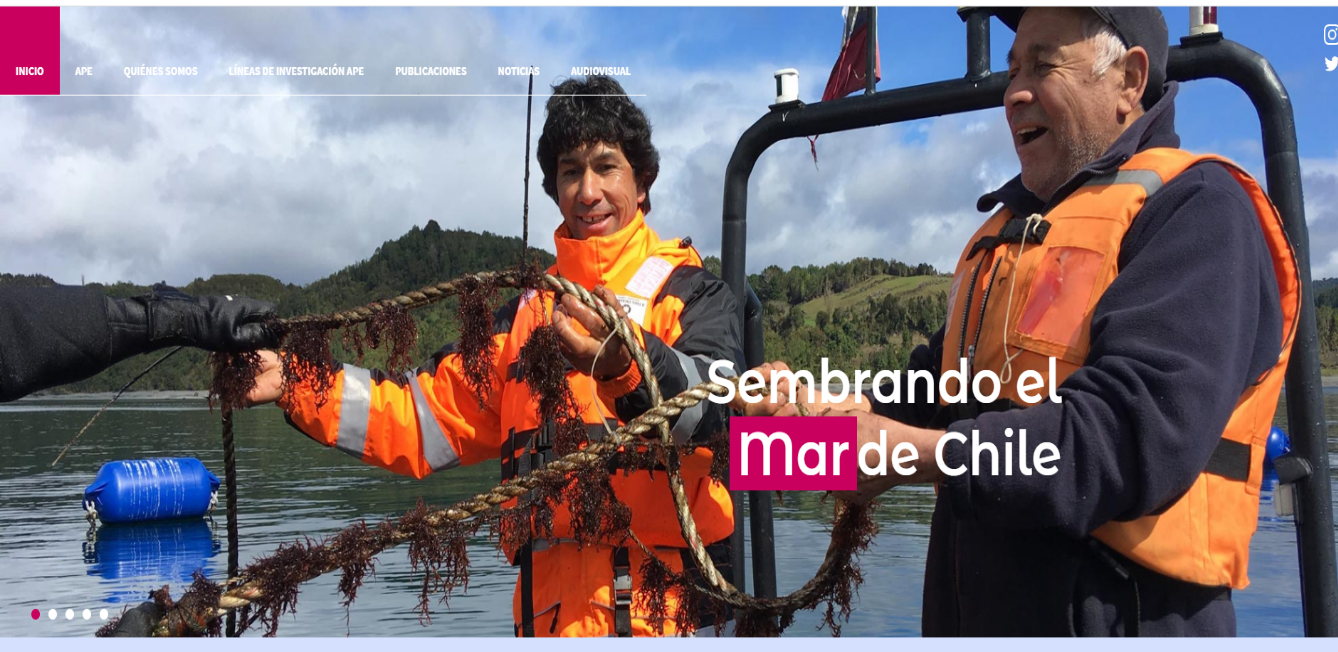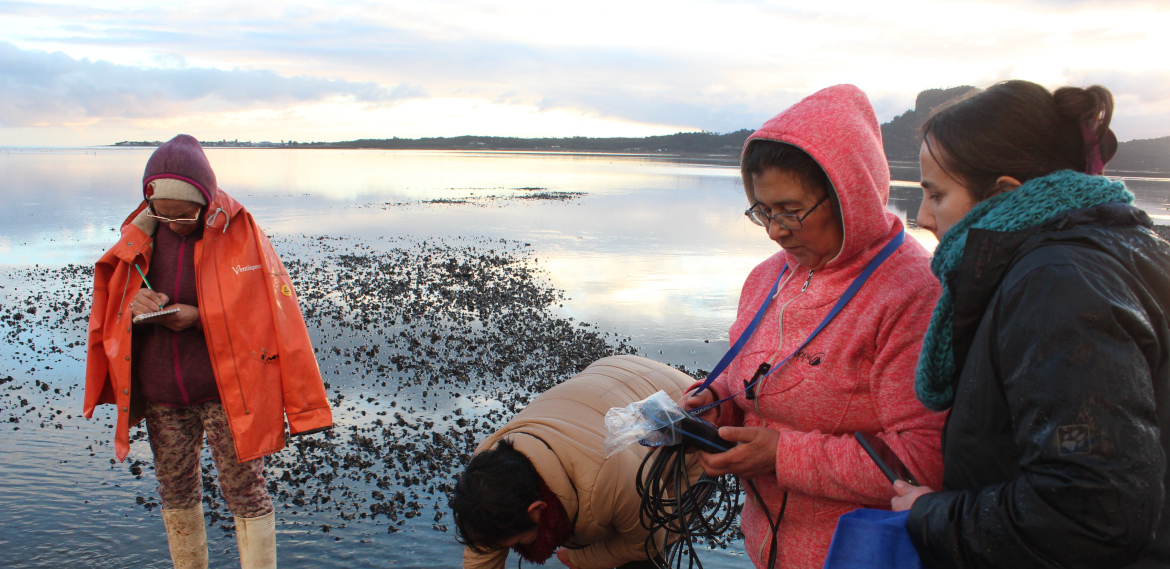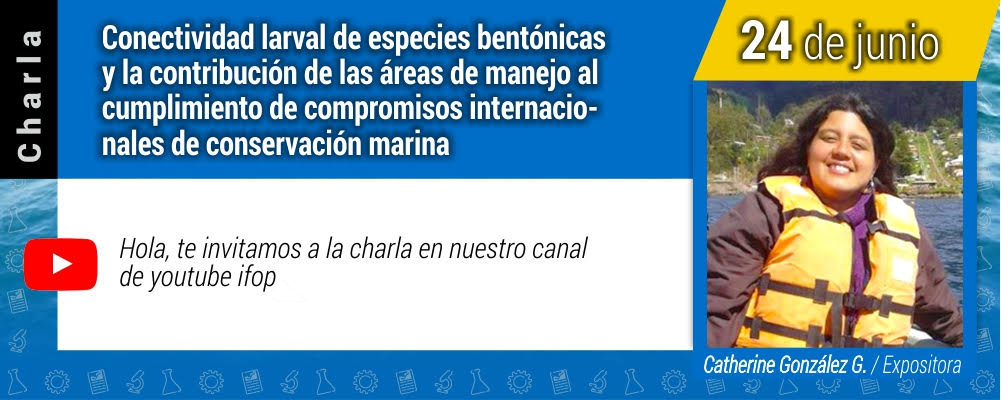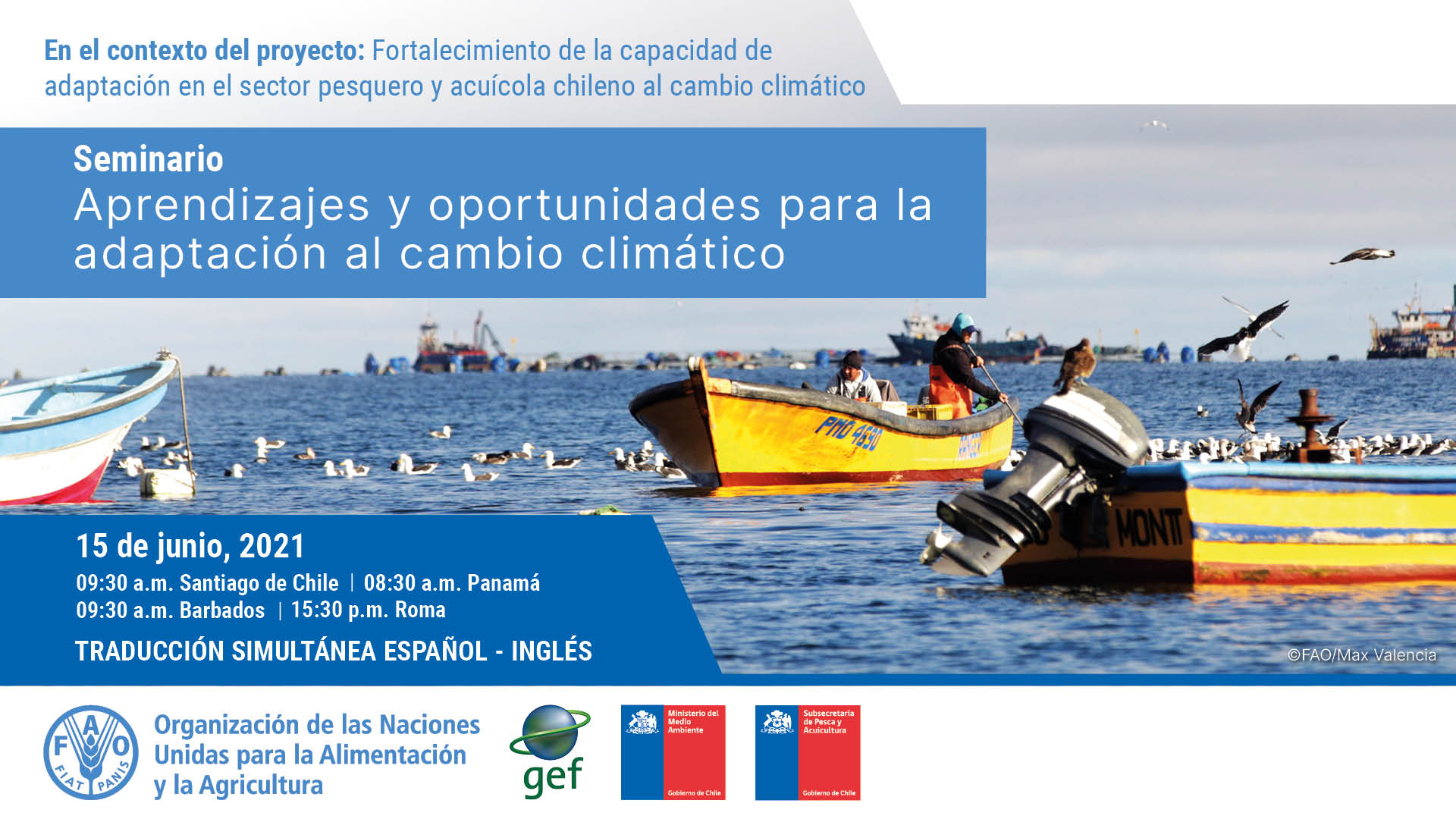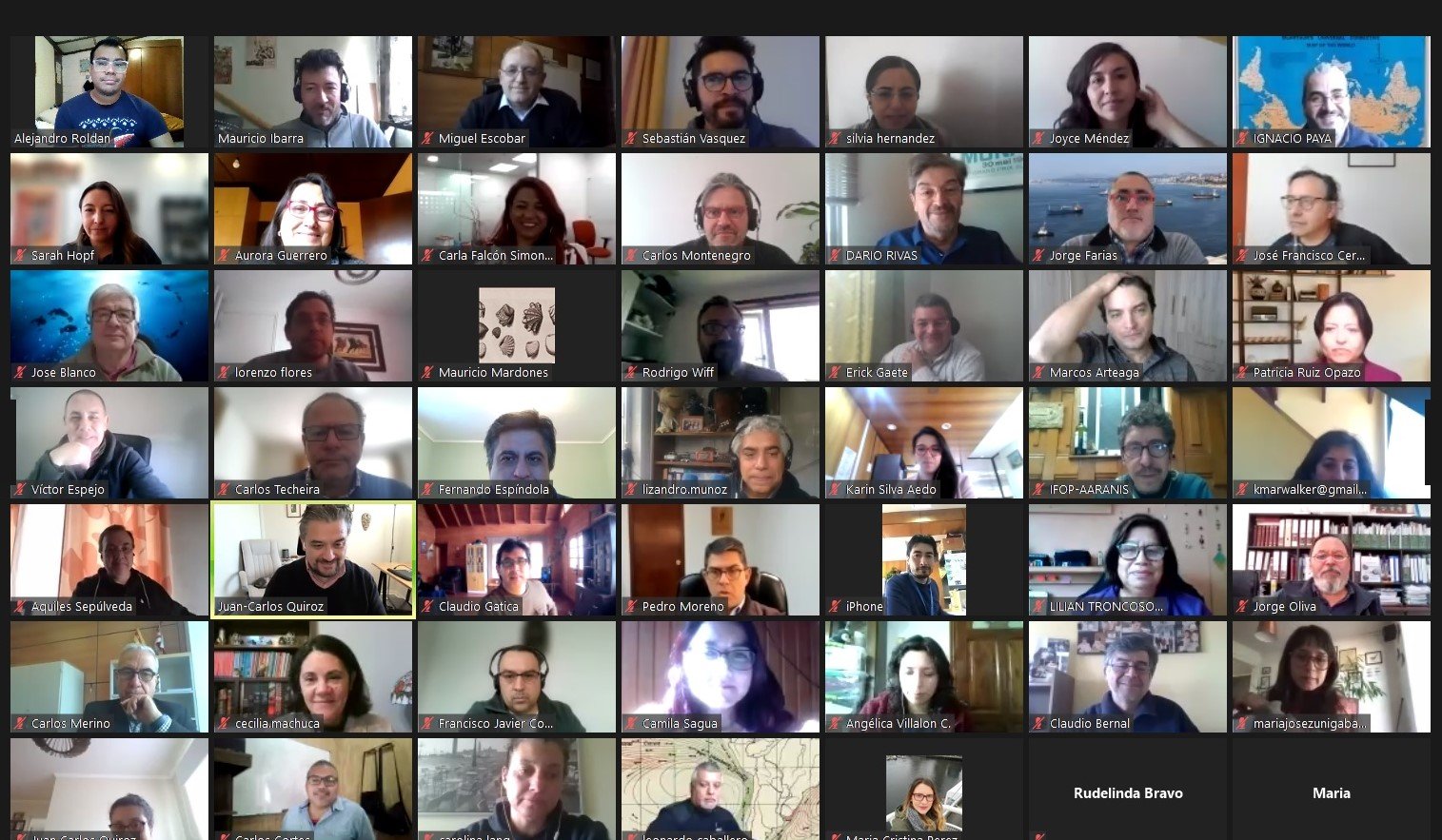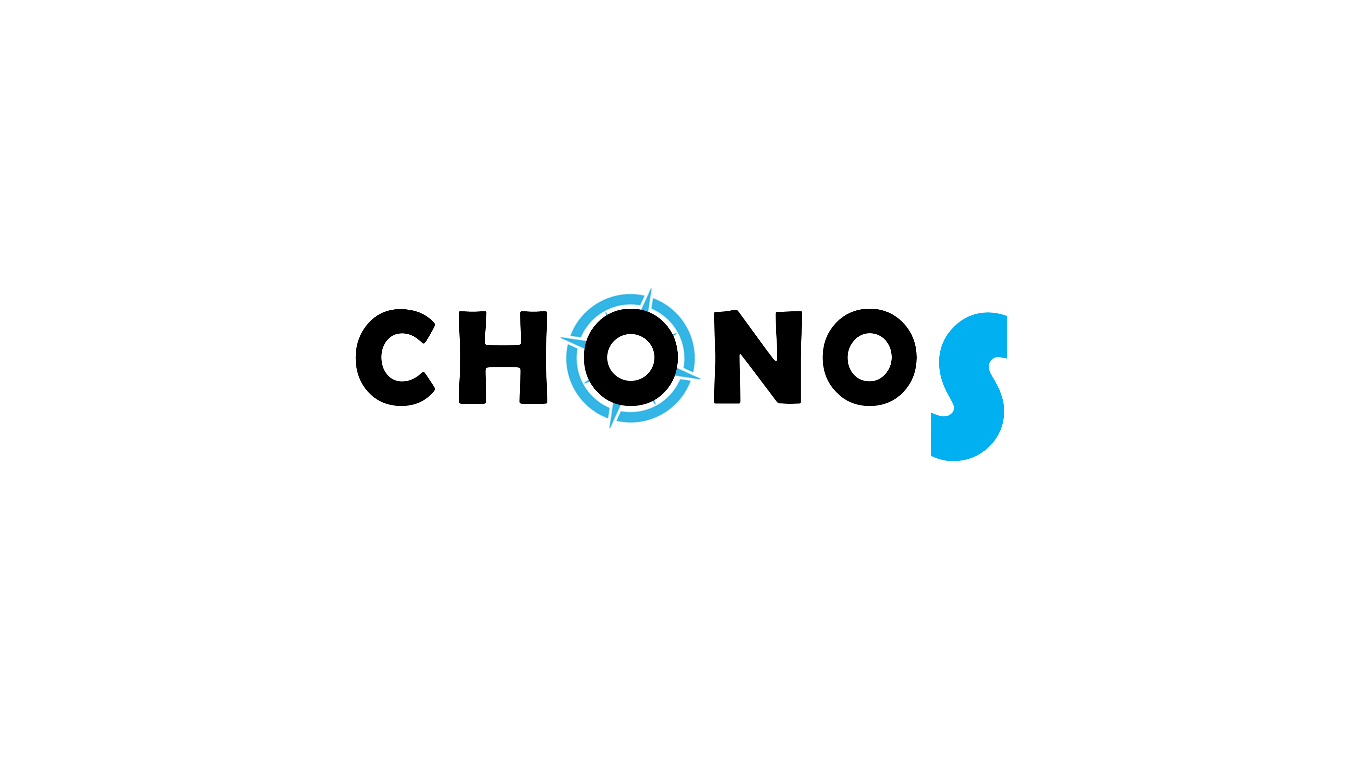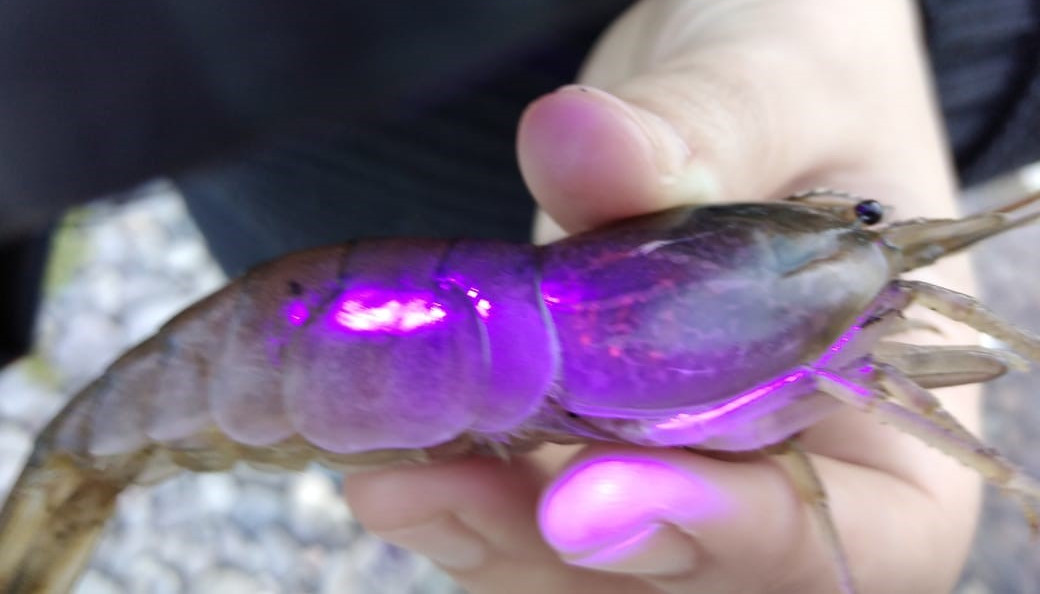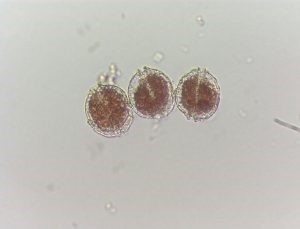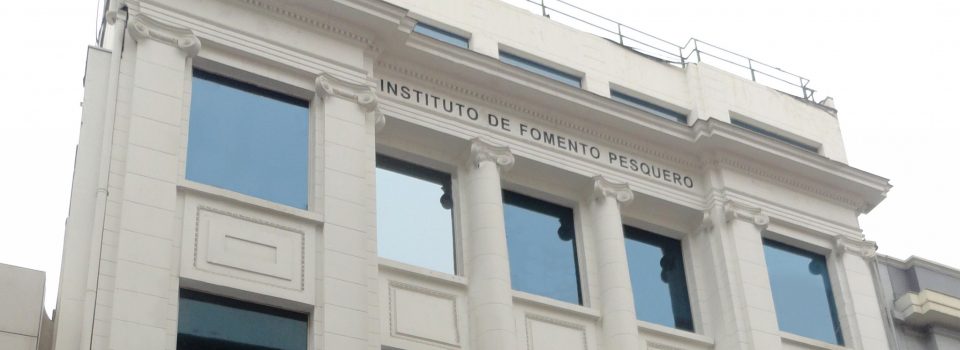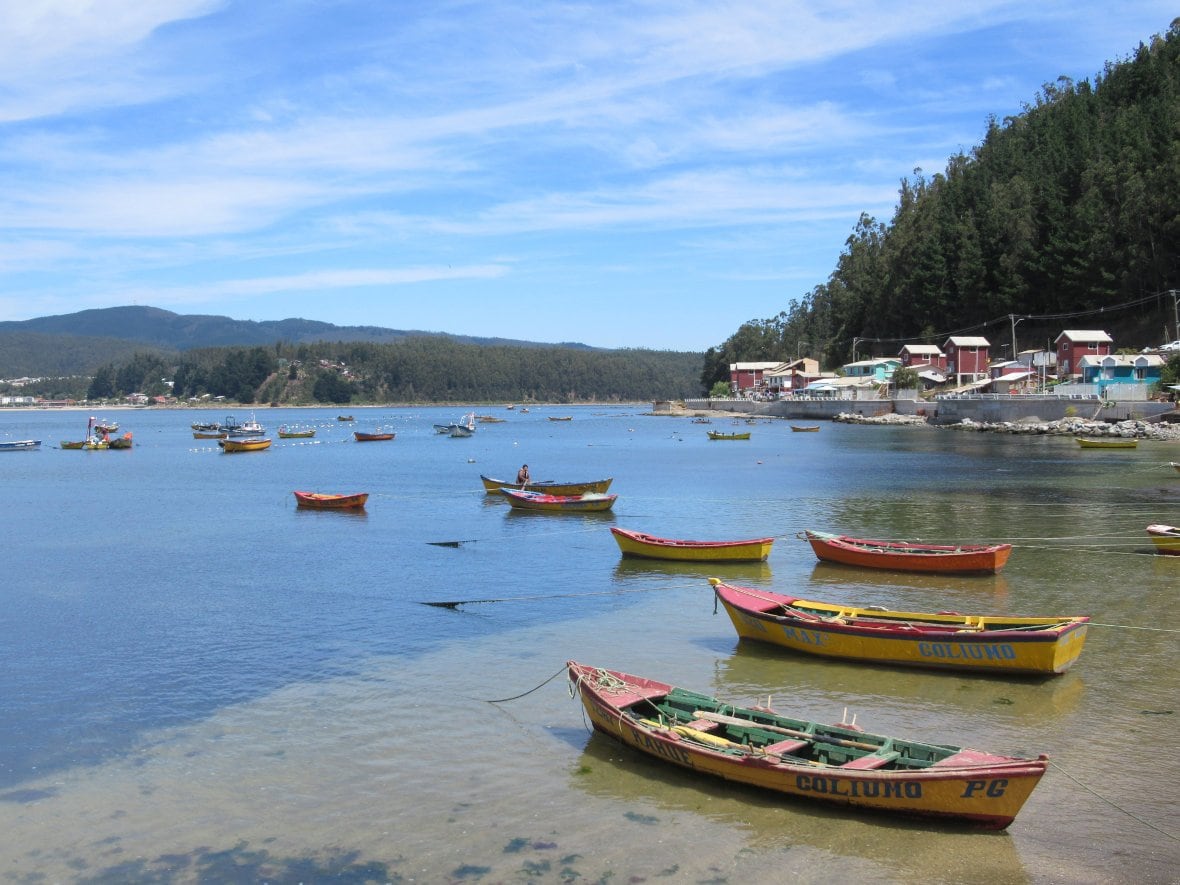It includes a project development in which IFOP participates with a multidisciplinary team of 10 researchers, together with professionals from the Universidad de Valparaíso and Fisheries and Aquaculture Undersecretary. In Chile, have been reported 52 species of marine mammals (1). To this group several...
News
On July 24th, Abate Molina scientific vessel, from Fisheries Development Institute, set sail from Valparaíso Port to evaluate common hake stock, using the hydroacoustic method, between the northern limit of Coquimbo Region and Regionde los Rios. The scientific voyage will last 33 days, the...
The agreement will favor research collaboration, development of innovative solutions and data analysis for decision-making in fisheries and aquaculture ecosystem. On Monday, July 19th, an agreement signed between Fisheries Development Institute (IFOP) and Uiversidad Adolfo Ibáñez (UAI), through its Engineering and Sciences Faculty (FIC)....
During the month of July, National Institute for Fisheries Research and Development (INIDEP) Benthic Crustacean Fisheries Program members completed advisory tasks on crab resource (Lithodes santolla) to Fisheries Development Institute (IFOP ) scientists from Punta Arenas, Chile. This project is part of an inter-institutional...
Fishing Development Institute (IFOP) launches a new website www.sembrandoelmar.cl aimed at disseminating our institution and other research centers carried out research, in its multiple dimensions involved for Small-Scale Aquaculture (APE) sustainable development. In this site you will find technical, economic and regulatory information to...
The institutions in charge of the initiative highlighted that a participatory environmental monitoring system is key in order to to strengthen artisanal fishermen and small-scale aquaculturists capacity to adapt to climatic change. Fisheries and Aquaculture Undersecretariat (SUBPESCA), Environment Ministry (MMA) and United Nations Food...
On Thursday, June 24th, from 4:30 p.m. to 5:30 p.m., IFOP Management Areas researcher Catherine González from its Oceanography and Environment Department Section.Will offer Larval Connectivity between management areas talk, in order to participate you just click https://www.youtube.com/channel/UC88L4dKhVgvA4Z-MMtxbgwg Catherine referred to her talk “The...
With the slogan “Guarantee friendly fisheries for albatrosses“, ACAP and IFOP celebrate this second year “World Albatross Day“. The two critically endangered albatrosses, Tristan Albatross and Galapagos Albatross, have been chosen as “representative species” to draw attention to 22 species of albatrosses ongoing threats...
This online event will convene representatives from Fisheries and Aquaculture Undersecretariat (SUBPESCA), Ministry of Environment and United Nations Food and Agriculture Organization (FAO) to discuss learning and opportunities for climatic change adaptation in artisanal fishing and small-scale aquaculture in Chile. Outstanding researchers and beneficiaries...
On June 3rd Fisheries Development Institute organized its Fisheries Management Strategies workshop with 50 attendees participation, among which we can mention IFOP, Fisheries Undersecretary and Sernapesca researchers. Dr. Juan Carlos Quiroz explained “Management strategies (SEM) are a tool that scientists use to simulate a...
CHONOS (chonos.ifop.cl), Fishing Development Institute starting web page, since 2018 hostsoceanographic information system of Chilean Patagonia, publishes a new updated version of CLIC (http://chonos.ifop.cl/clic2/index/). CLIC is a Lagrangian connectivity web application that, through numerical modeling, quantifies particles transport in their drift with ocean currents...
Within the framework of “AQUACULTURAL FISHING STRATEGY CONSOLIDATION PROGRAM OF THE NORTH RIVER SHRIMP IN THE CHOAPA RIVER BASIN” project financed by Coquimbo Regional Government, Fisheries Development Institute and Universidad Catolica del Norte are jointly executing it with shrimp farmers organizations a second stocking...
As part of Fisheries Development Institute (IFOP) Harmful Algae Research Center (CREAN) regular work, within ASIPA program framework; Comprehensive Advice on Fishing and Aquaculture. During Monday, May 31rst, morning a closure workshop seminar will be held on “Management and monitoring of harmful algal blooms...
Fishing Development Institut , IFOP was created in 1964 by Production Promotion Corporation, CORFO, and National Fisheries Society, through an international technical assistance project in fisheries matters between Chilean Government, United Nations Program for Development, UNDP, and United Nations Organization for Agriculture, FAO. Fisheries...
Climatic change is an ongoing process that is affecting our planet, in which marine ecosystems cover more than 70% of surface. Temperature’s increase, dissolved oxygen and seawater acidification decrease, as well as extreme events such as storm surges and El Niño intensification, are examples...


